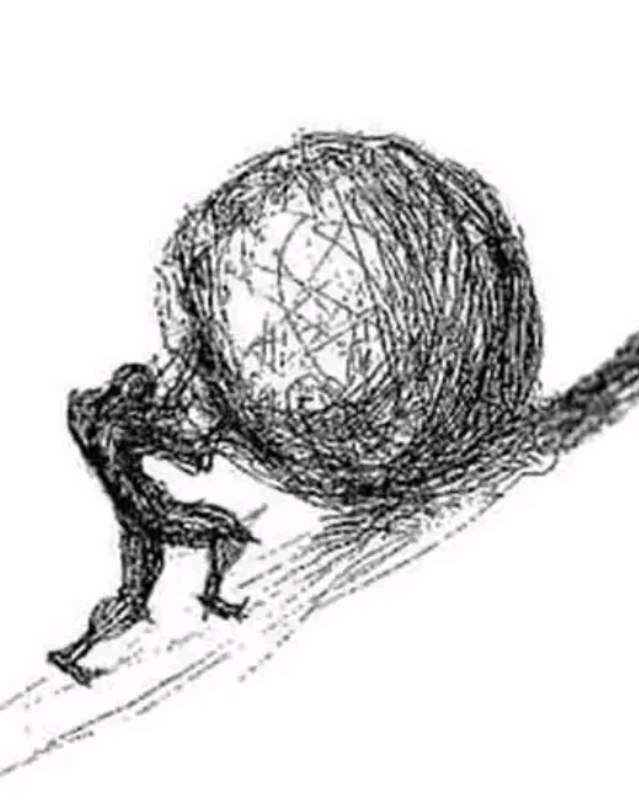This is a very weird question, so no worries if y’all don’t have great answers because I have exactly zero answers myself.
I’ve been thinking recently about how I am a dedicated ML, and do subscribe to materialism. But I also have a spiritual tinge to me, one that was pretty fired up by psychedelic use and the listening to some Buddhist audios along with Duncan Trussell and Alan Watts.
I guess I’m just wondering if there’s any serious contradictions by subscribing to MLMZT while also getting a little deeper into the metaphysical aspect of philosophy? I have always found the Buddhist outlook and the lenses that I look at life through propelled by psychedelic use very useful, interesting, motivating, and just fun.
Like, I can recognize when there’s people just saying extremely vague things and selling a “get enlightened NOW” course for $999.99, so don’t get the idea that I’m like falling into some culty shit. I just enjoy the hope-core, insightful/philosophical takes that don’t seem to fall directly in line with Marxism.
The Egg story (Kurg video on YT ironically enough, the Gates funded channel) being an example, or Duncan Trussells “The Midnight Gospel” (which I haven’t actually watched but just saw the one famous clip of the mother being sucked away into death as she talked about the ego, reincarnation, the universe just being love, etc.)
Interestingly, I actually got involved with Marxism originally partly because of psychedelic use and the shock it sent through my philosophical/world outlook.
Anyways yap over, THIRD PARAGRAPH IS THE MEAT OF THE POST!!! thx in advance <3


There’s a video from Jones Manoel, Brazilian communist, on the topic a few months ago.
Highly recommend his work, use captions and auto translation!
https://youtu.be/-9i2S5i3Oi0
Edit: got a summary from https://summarize.tech/www.youtube.com/watch=-9i2S5i3Oi0:
In the YouTube video titled “É comunista e não é ateu?”, the speaker explores the relationship between communism and atheism, arguing that communism does not necessitate atheism. The speaker challenges the idea that human behavior is guided by a completely rational and all-powerful reason, instead emphasizing the role of socialization and unconscious influences. The speaker also discusses the evolving role of religion in society, asserting that people’s primary actions are secular and materialistic. The speaker concludes that there is no inherent contradiction between being a materialist and holding religious or spiritual beliefs, and acknowledges the complex relationship between religion and ideology. The speaker encourages viewers to engage in further debate on the topic.
I like, I like. Thank you comrade
I found a YouTube link in your comment. Here are links to the same video on alternative frontends that protect your privacy: